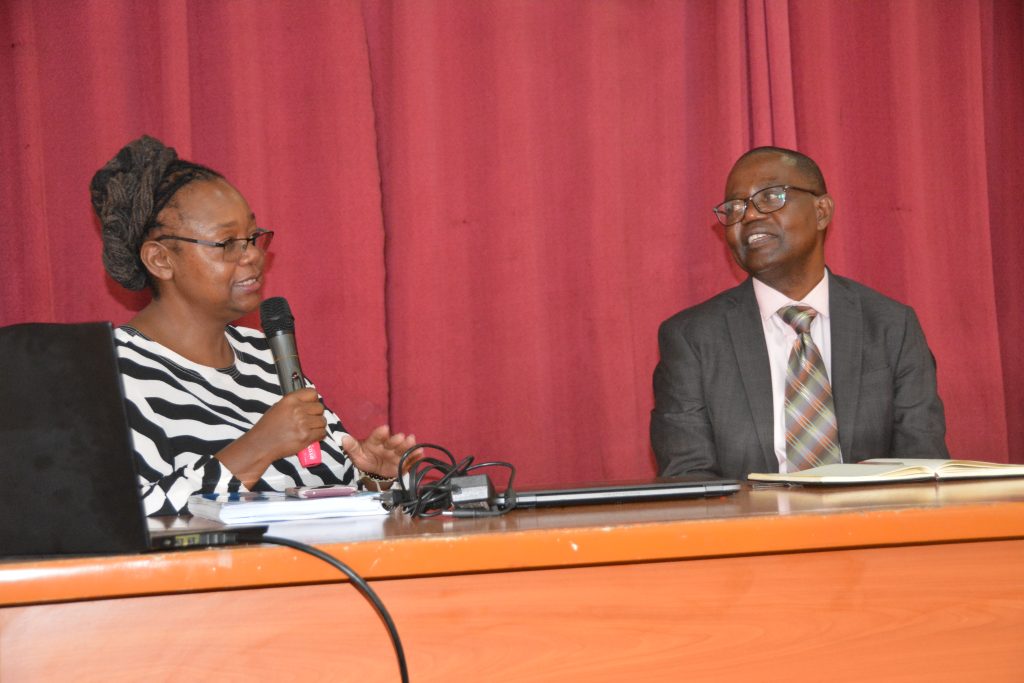Mr. Kaconco James successfully defended his PhD thesis at a public defense session held at the College of Engineering, Design, Art and Technology (CEDAT).
His thesis was titled; Master Production Scheduling, Total Quality Management and Blood Production Towards Blood Transfusion Sustainability in Uganda.

ABSTRACT
This study investigated the relationship between master production scheduling, total quality management, blood production, and transfusion sustainability in Ugandan blood banks. It aimed to address the challenges of blood safety and shortages in healthcare, leading to canceled or postponed transfusions and patient fatalities.
The study used was correlational and cross-sectional in nature with a pragmatic paradigm and a mixed-method strategy. It surveyed seven regional and seven university teaching hospital blood banks, using random and purposive sampling. Data came from self-administered questionnaires and interviews with key informants. Data analysis used SPSS20 and AMOS23 to determine relationships among variables. Qualitative data was analyzed using Nvivo software. Pilot tests ensured questionnaire and interview guide validity and reliability.
Findings showed a significant model for the relationship between master production scheduling and blood transfusion sustainability. Demand and supply significantly related to transfusion sustainability, while perishability had a positive but not significant relationship. Surprisingly, total quality management did not mediate the master production scheduling-blood transfusion sustainability link; instead, blood production fully mediated it. When considering both total quality management and blood production as serial mediators, both played a partial mediating role. Qualitative findings aligned with these results, highlighting various strategies used by Ugandan blood banks to enhance sustainability.
This study has managerial implications, emphasizing the importance of factors such as blood demand, staff involvement, continuous improvement, customer-centric approaches, and efficient bloodstock management in enhancing transfusion sustainability. Recommendations for policymakers include establishing a fund to support blood banks for knowledge dissemination and capacity development. They should also enhance annual evaluation, recognition, and awards for blood donors, individuals, and partners dedicated to transfusion sustainability. Establishing a dedicated unit under UBTS for compliance monitoring is recommended. Blood bank managers should invest in staff training, seek expert consultation on transfusion sustainability, and recognize and reward employees and teams demonstrating a strong commitment to transfusion sustainability.
Story by Ms. Musinguzi Harriet, Principal Communication Officer, MAK-CEDAT
Posted by Isemaghendera Alex, Web Administrator, MAK-CEDAT
